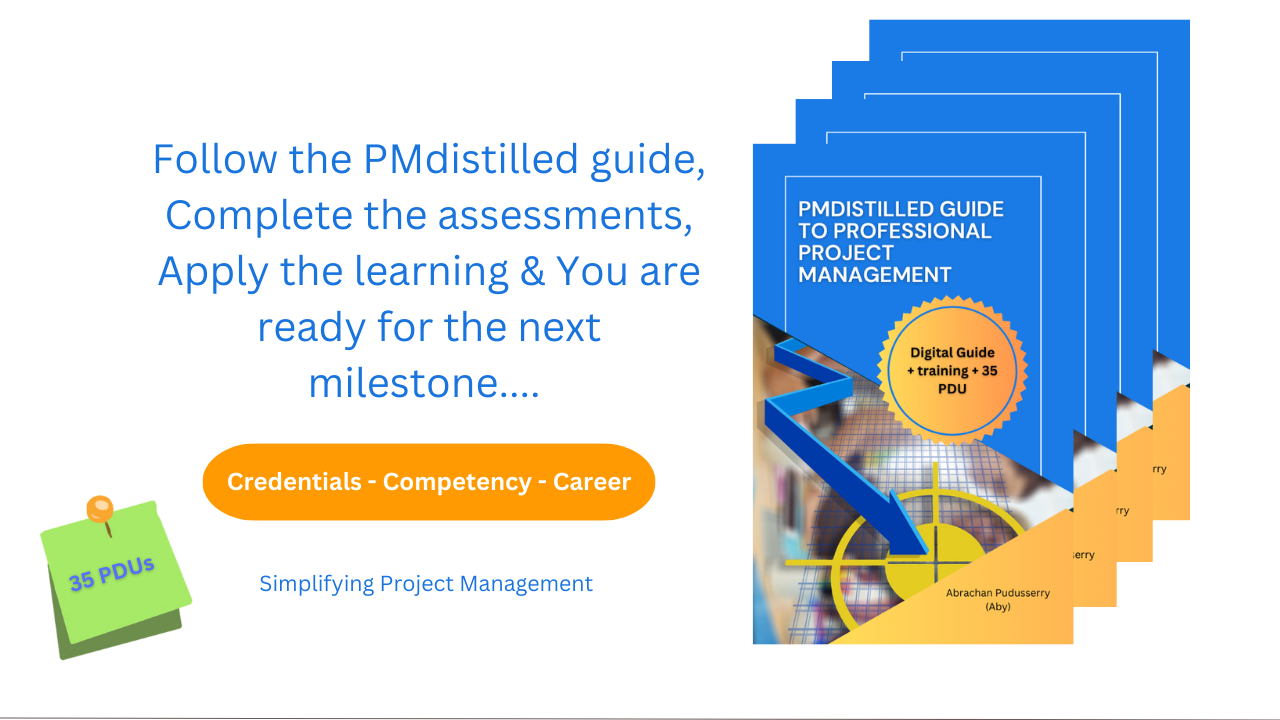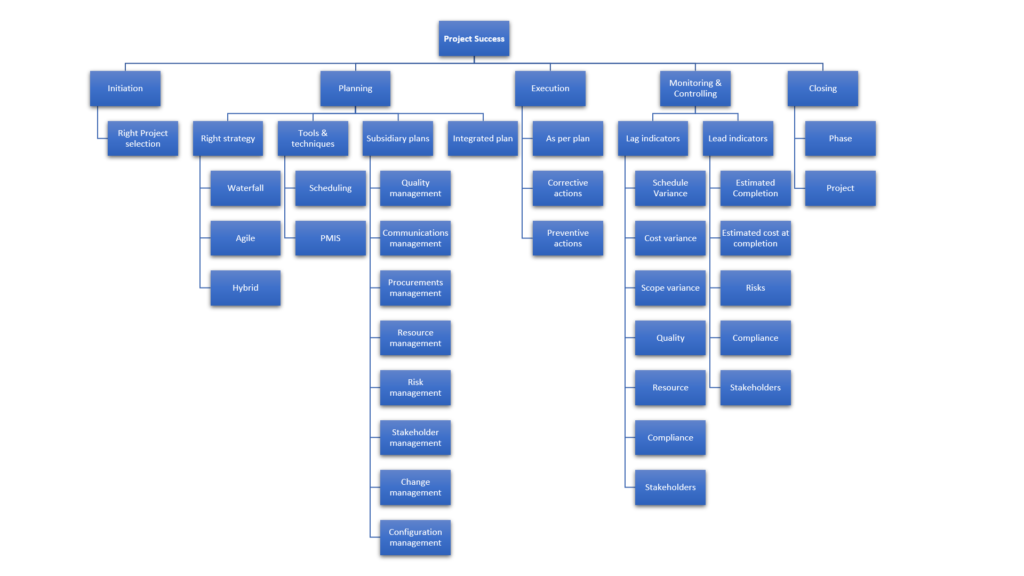Proliferation of AI into day to day business operations are forcing professionals to seek meaningful pivots to their careers which will help them to leapfrog into blue ocean opportunities which can leverage their current knowledge and experience. Today I had a very meaningful discussion in this regard, with a senior operations manager of a well known multinational bank. She is at the crossroads of her career and want to plan ahead pro-actively. . Here are the key aspects of our conversation;
Question 1 – If there is another round of downsizing, the pure advisory roles will be affected first. With the next promotion, I will get into the advisory role. What do you suggest?
Answer – You are right. Stick to hands on operations role.
Question 2 – Will mastering professional project management based on a globally accepted standard like PMBOK will help me to grow professionally
Answer 1 : As an operations manager one get amble opportunities to leap into leadership roles by taking up the ownership for internal projects and driving them to closure successfully. In most of the digital transformation projects, the operations (functional) managers has a major role to play. In one bank where I worked closely with the digital transformation project teams, the operations managers were acting as the product owners and owning up the product backlog grooming and prioritization. By mastering professional project management skills, operations managers will be able to act as very effective product owners becuase of their knowledge about how things really work (domain knowledge).
Answer 2 – Slowly but surely, the digital transformation projects will start leveraging the power of artificial intelligence. Without domain knowledge it is impossible to identify opportunities for leveraging AI in operations. Again, all AI projects have to take the iterative and incremental (agile) path to get perfected. This will again open up opportunities for those operations managers who understand how agile and AI projects work, so that they can contribute and grow without loosing their hands on touch on operations.
Answer 3 – Most of the banks outsource their software development work to other organizations. If one is looking for career swith from a functional organization to a projectized organization, then there are amble opportunities for those operations managers with good domain and project management knowledge and credentials.
Conclusion
Operations managers with project management skills and high level knowledge about AI will be in super demand in the near future, provided they are able to contribute to those internal projects combining their experience, knowledge and project management skills. Or, if they are aspiring for a career swith to IT companies, there are many who are seeking competent professionals who can translate their knowledge, experience and project management skills into tangile deliverables or services for their clients.


